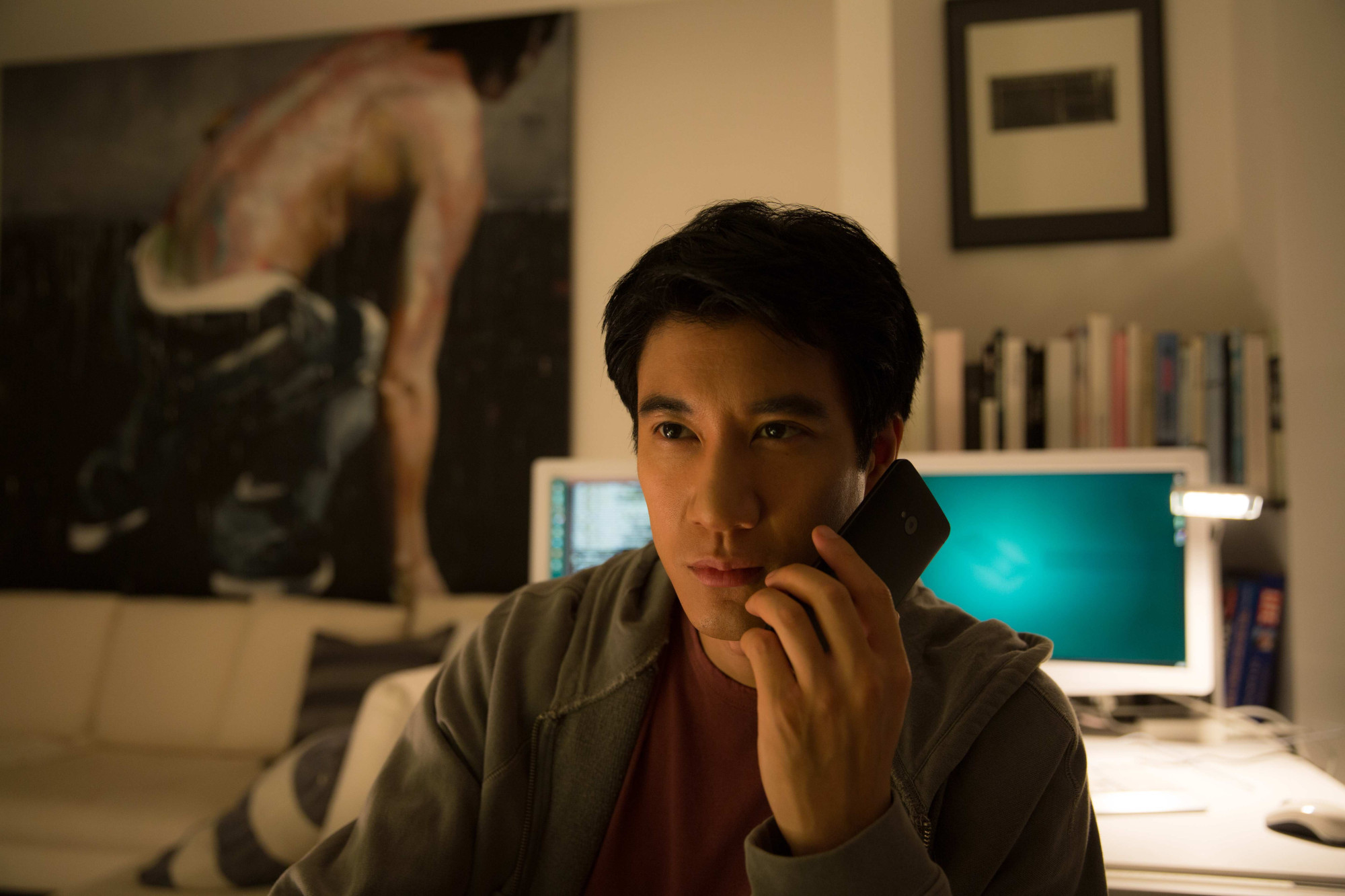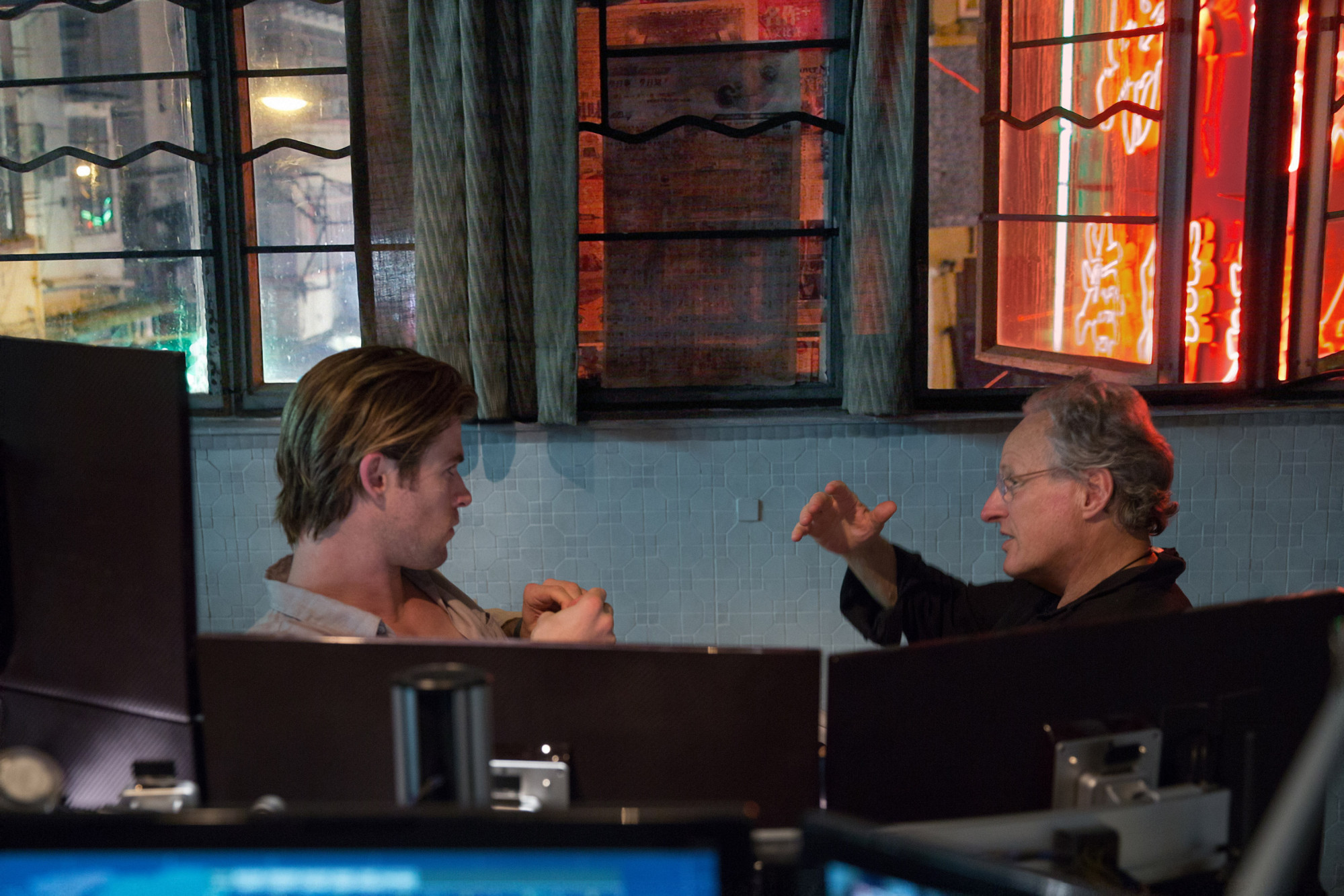
How Michael Mann’s 2015 film Blackhat mixes hacking, Thor’s Chris Hemsworth and Hong Kong to disappointing effect
- Chris Hemsworth was miscast as a hacker in Blackhat, a rare misfire from Heat director Michael Mann that underutilised its Chinese actors and Hong Kong setting
- Perhaps the film’s biggest flaw is that it is happy to point out the flaws in America’s government monitoring its people, but not China’s doing the same to its
There is a scene in the British sitcom Peep Show, written by Jesse Armstrong (of Succession fame) and Sam Bain, where the main characters, Jez (Robert Webb) and Mark (David Mitchell), are stuck in the audience of a boring play.
“I’ve got Heat on DVD at home,” says Jez, despairingly. “We’re watching this, when for less money we could be watching Robert de Niro and Al Pacino.”
“I’m going to pretend I am watching Heat,” decides Mark.
When a hacker sends a Hong Kong nuclear reactor into meltdown, Captain Chen Dawai (Wang Leehom) of the PLA cyberwarfare unit joins forces with FBI agent Carol Barrett (Viola Davis) to catch them.
‘You can hide in Hong Kong’: how city made Chris Evans movie Push feel real
Once Hathaway has been released, they are hot on the hacker’s trail. For the most part, this involves a lot of angry typing and furrowed brows, although Hathaway and Lien eventually get to travel the world talking tech and kicking a**, like cast-offs from the Mission: Impossible franchise.
Essentially it is a film about malware, which is pretty difficult to dramatise, even for a master like Mann. To get round the problem, he includes a number of whizzy CG shots that take us inside the internet, forgetting that Fight Club did something similar way back in 1999.
To hold our interest, the film explodes into expertly filmed action set pieces every half an hour, but just how Hathaway became so handy with his fists is never satisfactorily explained.

“I did the crime, I do the time, time doesn’t do me,” he tells Lien. “What does that mean?” she asks, with good reason.
Frankly, you wonder how anyone kept a straight face during such tech-heavy exposition as, “The blackhat (hacker) then used his back door to inject a second part: its payload.”
If Hemsworth is miscast as Hathaway, the secondary characters are all but forgotten, particularly the Chinese ones. Lien, who becomes Hathaway’s lover, is repeatedly male-gazed by the camera, which looks her up and down approvingly.

Dawai, meanwhile, has little to do after the first half-hour but die. Even the main villain, Sadak (Yorick van Wageningen), is kept anonymous until the final showdown.
The climax sees Hathaway and Lien travelling to Malaysia and Indonesia, and you feel the action could just have easily been set in either of these countries.

But perhaps the film’s biggest flaw is ideological. The Chinese government monitors its citizens’ internet access as much as any other on the planet – yet the script, by Morgan Davis Foehl, does not mention this once. Maybe, as some commentators have suggested, it was censored by the Chinese as well.
Ultimately, nobody seemed happy with the results: Mann screened a “revised cut” less than a year later; Hemsworth admitted to feeling miscast; and the film made just US$20 million at the box office.

Perhaps everyone did stay home to watch Heat instead.

